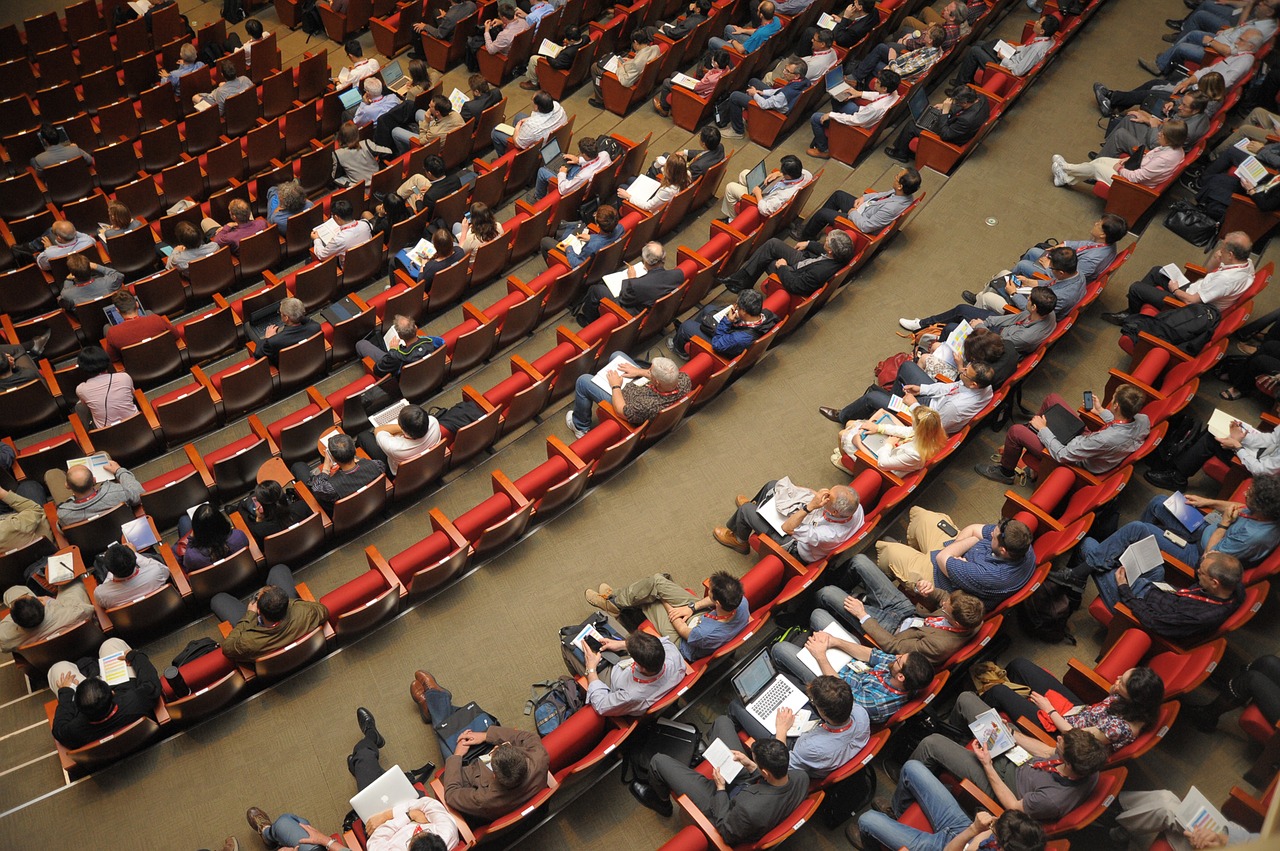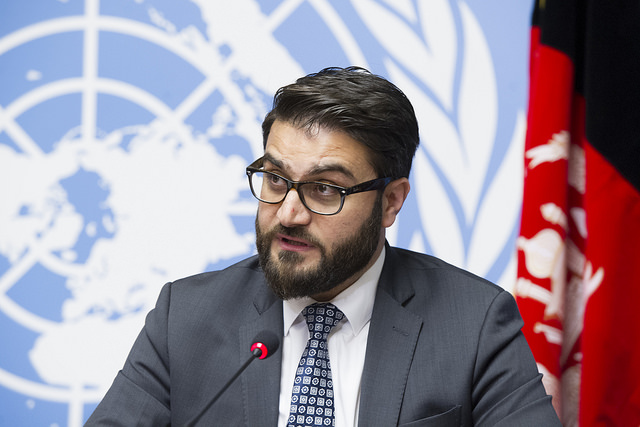A recent two-day United Nations conference focused on strengthening support for a peace process in Afghanistan, a country working toward stability after decades of war. Ashraf Ghani, Afghanistan’s president, attended the conference along with foreign ministers from around the world.
In a video message delivered to the conference in Geneva, Switzerland, UN Secretary General Antonio Guterres reiterated hopes that Afghanistan could rebuild and recover from the trauma of war. “As the international community, we must come together to enable the success of an Afghan-led and Afghan-owned peace process… and sustain that solidarity once a peace agreement has been reached,” he said.
While the conference was a show of solidarity between world leaders and Afghanistan, it also was a chance for Afghan leaders to demonstrate their intentions to promote peace, reform, and development in the country, especially with upcoming elections and ongoing opportunities to promote peace. Leaders also discussed how Afghanistan has used the $15.2 billion promised in international aid in 2016.
The Geneva conference marks close to the half way point in Afghanistan’s “transformation decade,” which designates a period when Afghanistan will work toward the goal of become self-reliant by 2024. The international community agreed on the designated decade at a conference in Bonn in 2011, promising a significant amount of foreign aid to help Afghanistan become self-sufficient. A few years later in Tokyo, global leaders created a review system for Afghanistan’s progress and planned meetings every two years to review ongoing challenges and achievements. More than $30 billion was pledged between meetings in 2012 and 2016. In 2020, the international community will again have the opportunity to make another pledge at that year’s conference.
At the 2018 conference, attendees noted that Afghanistan still faces significant issues, including poverty and corruption, and they reaffirmed the commitment of the international community to provide sustained support. Participants also highlighted the increased cooperation in the region, made apparent by different stakeholders working together for political, economic, and social stability.
Here are other key takeaways from the conference.
Working toward peace: Ghani announced at the conference that his team would begin peace talks with armed groups and said he has a “road map” for reaching peace—a plan that Afghan officials created after spending several months talking with Afghanistan’s residents. He said he hopes the negotiations will result in a peace agreement for an inclusive and democratic society.
Salam Rahimi, Ghani’s chief of staff, will lead the team of people in charge of the peace negotiations. The team will be advised by a peace advisory board, which will provide key insight into issues that come up during talks. The advisory board will include nine committees representing provincial leaders, political parties, cultural groups, and youth and women’s affairs.
A framework for peace: The conference followed a request by the U.S.special envoy for peace for the Afghan government to come up with a framework for negotiations. The peace plan affirms the country’s 2004 constitution, emphasizing the partnership between Afghanistan and the international community, that the Afghan government is leading the peace process, and that the people of Afghanistan were consulted during the process.
Other new items and issues noted about the peace plan include:
- Afghanistan’s next presidential election will beheld in 2019, and the peace plan cannot be passed and implemented without an elected government in place.
- The Afghan High Peace Council, which was assembled in 2010, will now focus on making the public aware of the peace plan after it has passed.
- Officials acknowledged that it will take five years to implement the peace plan.
- Foreign leaders made no new financial commitment to Afghanistan at the conference; instead, the gathering was an affirmation of their support for a peaceful Afghanistan and an opportunity to review the country’s political and economic progress.
Challenges remain, however, as Afghanistan moves toward the second half of its Transformation Decade. Attendees stated that Afghan officials need to continue fighting corruption and drug trafficking while supporting policies that promote peace, connectivity, and government stability. They noted that the parliamentary elections of October 2018 were a significant step in building a democracy, and the elections in 2019 should continue to focus on government processes that benefit all citizens.
The next Geneva Conference on Afghanistan will be held in 2020, when the international community will consider future financial commitments to long-term development in Afghanistan and review what the Afghan government has achieved since the 2018 conference.


